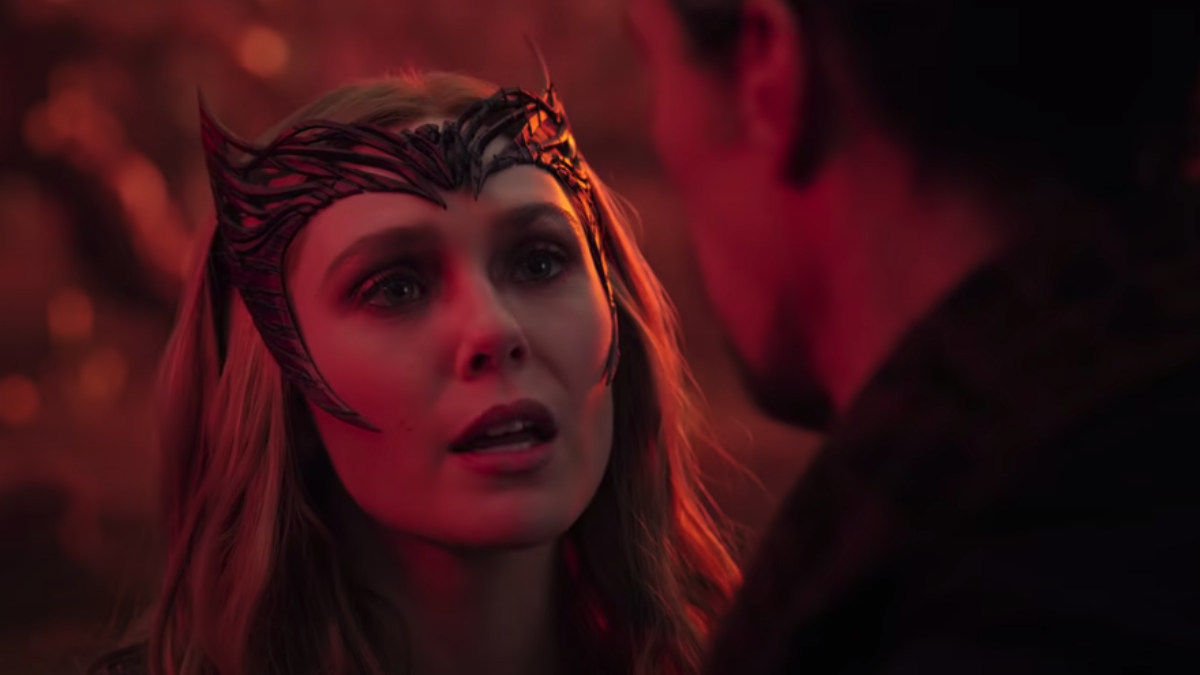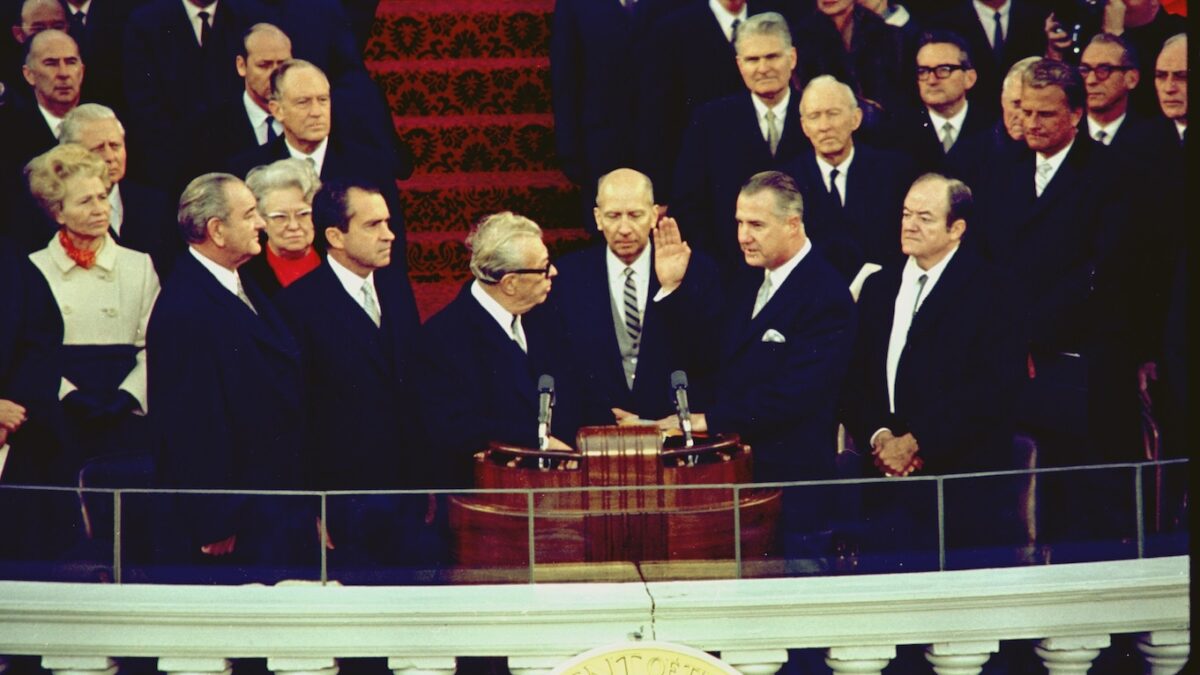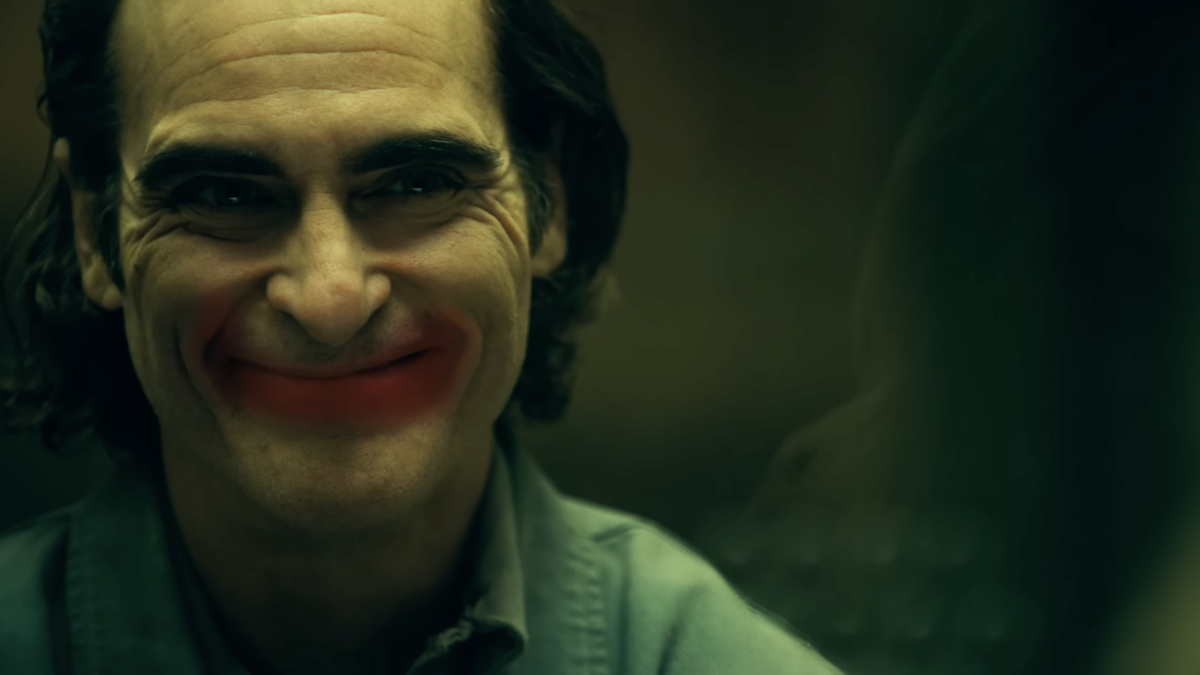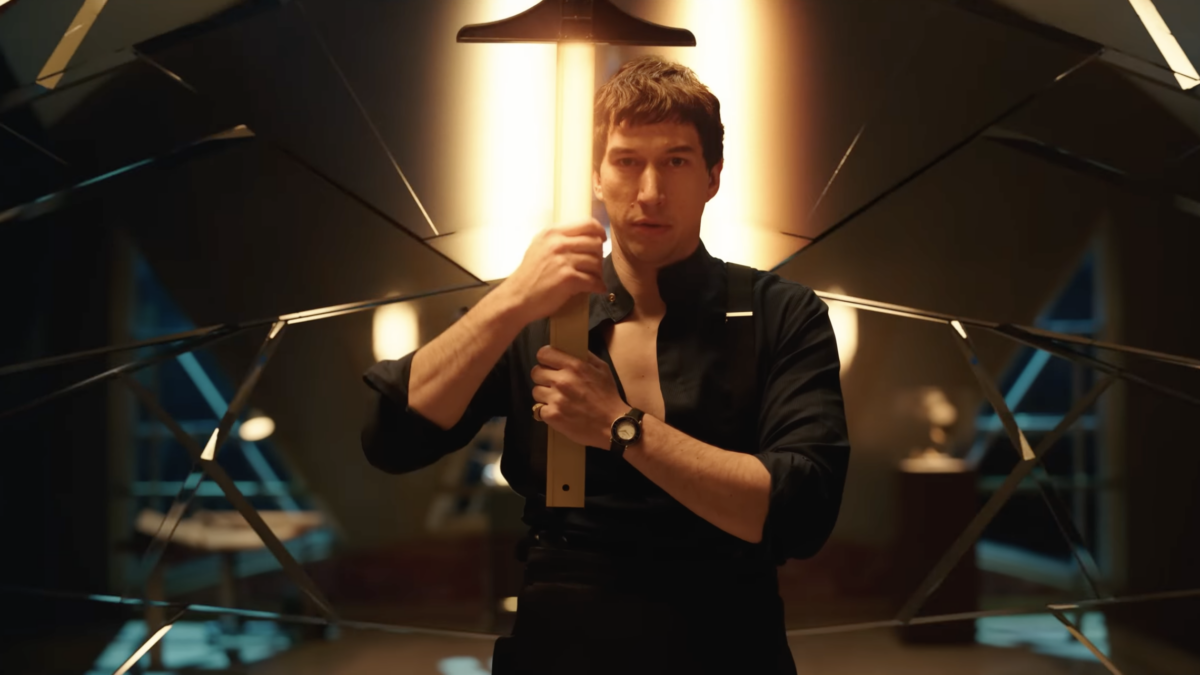Witchcraft, torture, dead bodies walking, demon possessions — all horror trademarks you do not expect to see while watching a Marvel film. The May blockbuster, “Doctor Strange in the Multiverse of Madness,” discontinued Marvel’s legacy of (decently) family-friendly entertainment in one rather grisly swoop. With this high-grossing sequel, Marvel traded a heroic superhero flick for a horror hybrid packaged in quality CGI but tacky morals and a woke aftertaste.
In the three weeks since its release, the film has brought in over $800 million internationally, and that’s excluding Saudi Arabia and Egypt, which banned the film for homosexual content, and China, which is still deliberating.
It’s wall-to-wall action from scene one. Stephen Strange (Benedict Cumberbatch) has been having repeated nightmares about a girl he’s never met. Imagine his surprise when, after the action takes a five-minute break for his former love’s wedding, he finds a monster chasing the girl from his dream through the streets of New York.
After a quick routine rescue, he discovers there is something evil hunting her for her superpower. The girl’s name? America Chavez (Xochitl Gomez). Her power? Jumping universes. Chavez tells Strange that every dream he has is reality in another universe. Earth is universe 616, she says. She’s been to a lot of them.
So Strange recruits the help of the most powerful being in his universe — Wanda, the Scarlet Witch — which turns out to be a mistake. Wanda lost everything when she had to destroy the wonderful illusion of life with her family in the show “WandaVision.” She has since discovered that the way to build back the reality she lost is to borrow some from the next universe over.
The rest of the movie consists of Strange protecting 15-year-old Chavez from Wanda’s clutches, a maneuver he can only pull off by possessing a dead body and harnessing some damned souls. Damned souls is not what I wanted when I bought a ticket to see “Doctor Strange 2.”
The Horror
For being a big Marvel Cinematic Universe film, movies that usually succeed on character and plot, the story of “Doctor Strange in the Multiverse of Madness” is propped up with witchcraft, and the characters are a little too morally gray to sympathize with.
It used to be that if you didn’t want to watch demons, witches, and creepy possessed ladies in white with blood pouring down their faces, you could pretty much enjoy every other genre but horror. “Doctor Strange 2” director Sam Raimi is trying to break some old trends.
In an interview with RollingStone, Raimi said Marvel gave him complete liberty with the film, liberty the “Spider Man” and horror franchise “The Evil Dead” director made use of in redirecting the film’s genre away from its precursor.
While you can’t really separate magic from spirits, the first “Doctor Strange” did it much to our satisfaction. We got an entertaining show with elemental magic and nothing creepy. There’s a sense of magic connected to Eastern mysticism that’s very different from the stereotypical American horror film of demon possessions.
Raimi changed all that in the sequel, as Wanda possesses an innocent mom, torturing and murdering people in gruesome ways. “Doctor Strange 2” gives us all the hallmarks of a stereotypical horror flick, but without the suspense that makes them great, and then leaps back into an incoherent fantasy. This witchcraft keeps the plot afloat, distracting from holes in the storyline. If you’re going to take on a multiverse, you shouldn’t use sorcery as a crutch to hide the parts that don’t make sense.
But Wait, There’s More
Furthermore, while trying to bridge multiple realities, “Doctor Strange 2” forgets you have to keep your own confined. The green, mossy minotaur showing up on Earth is, therefore, aggravating. (Narnia called, they want their minotaur back.) Medieval archers smell strongly of “The Lord of the Rings,” and shiny droids remind viewers all too much of “Star Wars.” The whiplash is not nostalgic, and while the CGI is generally stellar throughout the film, it fails to make the monster look like anything more than a slimy Mike Wazowski.
In short, the film is a trifecta of graphic, creepy, and cheesy. If Marvel wanted to merge with the horror genre, it should have debuted a new series instead of messing with an old one. The jump is jarring.
Worse yet is the message of the film delivered to us through the hypocritical hands of Strange as he stops at nothing to save the day. Wanda’s insatiable self-deception becomes almost a relief in comparison to the sangfroid of Strange, who breaks no sweat at crossing the very same line that makes Wanda the bad guy.
“You break the rules and you’re the hero,” Wanda says. “I break the rules and I’m the enemy. Hardly seems fair.”
On its face, the film doesn’t seem that woke, and to its credit, it’s not a feminist propaganda piece. There’s just one brief flashback to Chavez’s lesbian “moms,” but nothing more — we think.
But America Chavez is not a Stan Lee creation. She’s a lesbian character from Joe Casey and Nick Dragotta’s 2011 comic “Vengeance #1.”
And all of a sudden, we realize what door Marvel just opened. The sexuality of Marvel’s newest female superhero now has protection in any future production from one of the biggest of the Marvel franchise: “Doctor Strange.” Any pushback to an overtly lesbian character can now be fought with the assertion that she’s already in “Doctor Strange 2,” and she’s lesbian in the comics.
There’s now $800 million backing Marvel directors’ decisions about how much of Chavez’s sexuality to reveal in future productions. Tsk, tsk, Marvel. That’s not what I wanted out of my 12 bucks.









